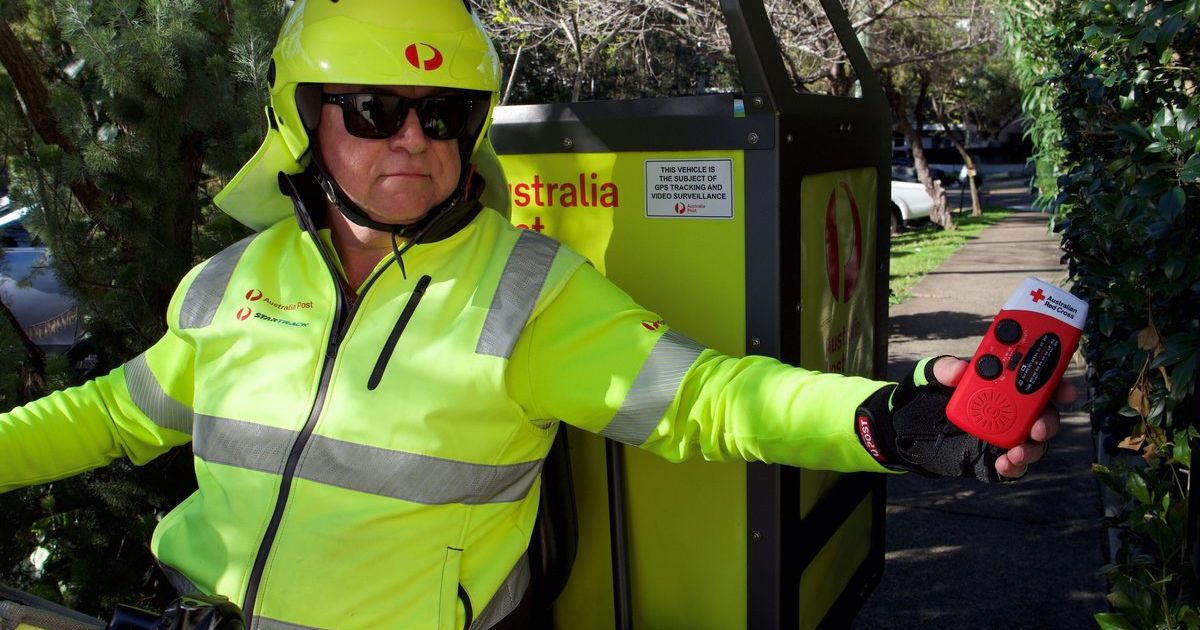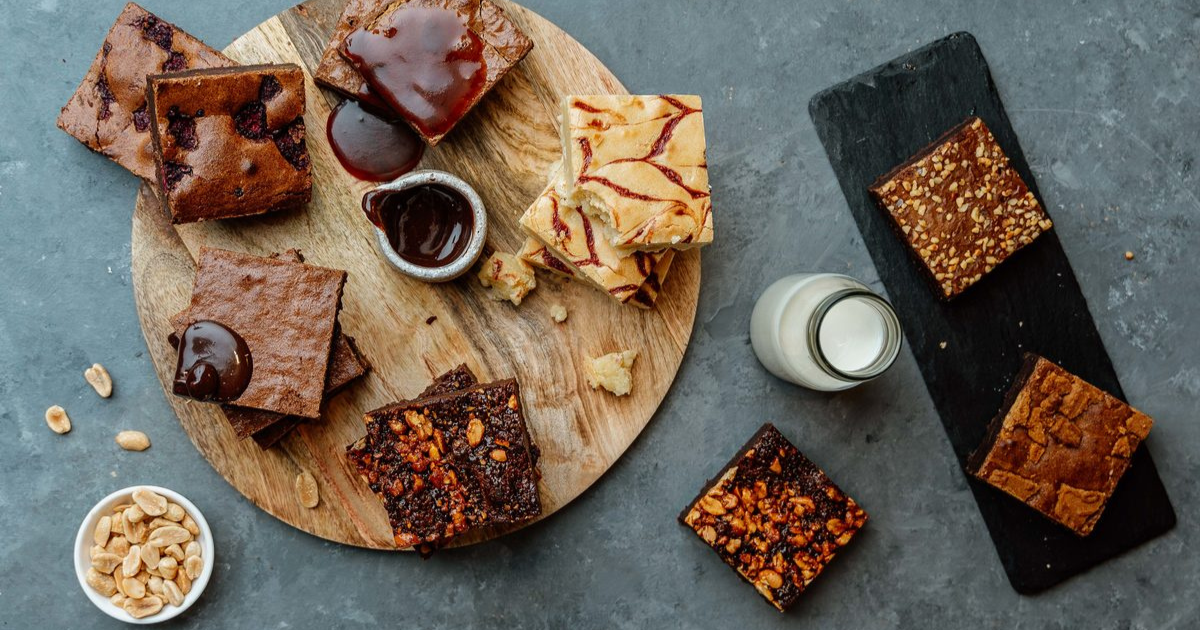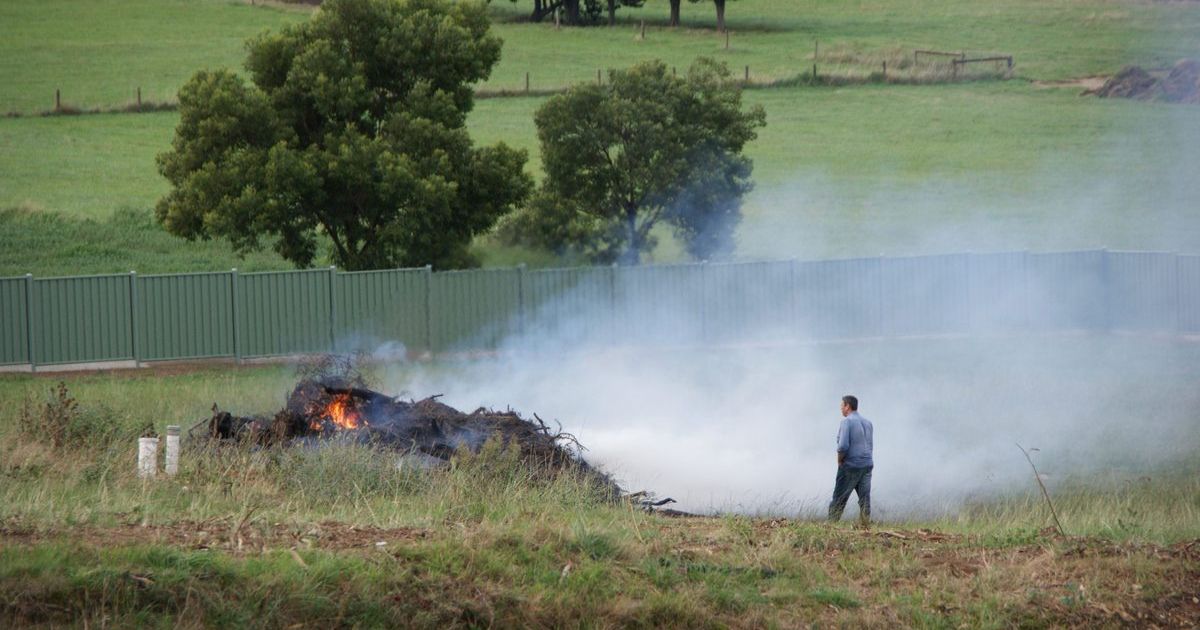Heathcote’s Union Hotel: the early days

Cheers!: Farley's Union Hotel, Heathcote, photographed by AE Frost for the McIvor Times in about 1909. Photo: FILE
THE Union Hotel is one of only two nineteenth century watering holes still operating in Heathcote, the other being the Commercial Hotel.
At one stage there were about 20 hotels in the township alone, with several others scattered across the district.
They served many functions, not just the provision of accommodation, food, and drink. Various local societies used them for regular meetings and they were staging posts for coaches.
In the case of the Union Hotel, it also served as a dental surgery for many years and housed a paint factory at its rear in the early 1900s.
The Heathcote Oddfellows and the local branch of the Hibernian Australasian Catholic Benefit Society were among the many groups who met there.
Allan Cameron began the hotel’s construction in 1856, but the current street facade is the result of later works.
It was initially leased to James Hay, but it then had a series of lessees, licensees and managers.
Cameron advertised it for sale or lease on 31 December 1864, and by February 1865 the new licensee was John Farley.
The Farley family’s long association with the hotel continued until Alice Farley’s death in 1947.
John Farley advertised for tenders for the installation of a new rear roof in 1871, and this marked the completion of the main building.
In September 1876 a fire consumed the original wooden stables.
According to the McIvor Times, it was started by a man who had sheltered there for the night.
It was “caused by the careless use of matches,” the paper reported. “Mr Farley got rather severely scorched about the face and arm in dragging the old man, who was asleep, from his dangerous position, and who was with some difficulty restrained from again entering the burning building.”
A horse, vehicles and harness were also saved but a quantity of hay was lost. The replacement stables were brick, with ten stalls and a loft.
Irish-born John Farley died in October 1891, at the age of 59, leaving a widow, two sons and several daughters. His daughter Mary-Ann took over the licence until her marriage to William Hill of Spring Plains in 1893.
It was then transferred to John’s widow, Julia, who ran the hotel until her death in 1905. Her daughter Alice then began her 42-year stint as licensee. She was a popular and visionary landlady and she branched out by developing a small paint factory at the hotel.
Farley’s Red Paint was marketed through Farley’s Union Stores, owned by her brother John. Both siblings were innovators, including when electricity finally reached Heathcote in late 1913.
On 25 September the McIvor Times reported on the night the lights were turned on.
“Mr JJ Farley’s Union stores at the north end of the street shone out most conspicuously on Tuesday night, and his windows were equally as well lighted as any shop window in the metropolis,” it wrote.
It went on note that Miss Farley (Union Hotel) was one of 12 other business owners who “seized the opportunity for testing the light.”
On 7 January 1915, the paper described recent Christmas festivities held under the shadow of the new European war.
“The town on Christmas Eve was not so densely thronged with promenaders as is usually the case, and there were signs of less inclination to effect purchases,” it reported.
“A quartette of Highland pipers, who were engaged by Miss Farley to play selections on the balcony of the Union Hotel, were responsible for the supply of music which did much to enliven the town, and many gathered round about in vehicles, as well as on foot, to listen to the skirl of the instruments.”
When the Licences Reduction Board visited Heathcote in May 1913, with a view to cutting the number of hotels in town from 19 to eight, support for the retention of the Union Hotel’s licence was strong.
“Mr Thomas Dwyer, shire valuer and rate collector, said that he had known the hotel for the past 46 years, during which time it had always been under the management of the one family,” the McIvor Times reported.
“It was well conducted and was the best building in Heathcote, and was rated the highest.
It was known as the farmers’ hotel.” A witness testified that “a splendid table was provided, everything being scrupulously clean.”

















